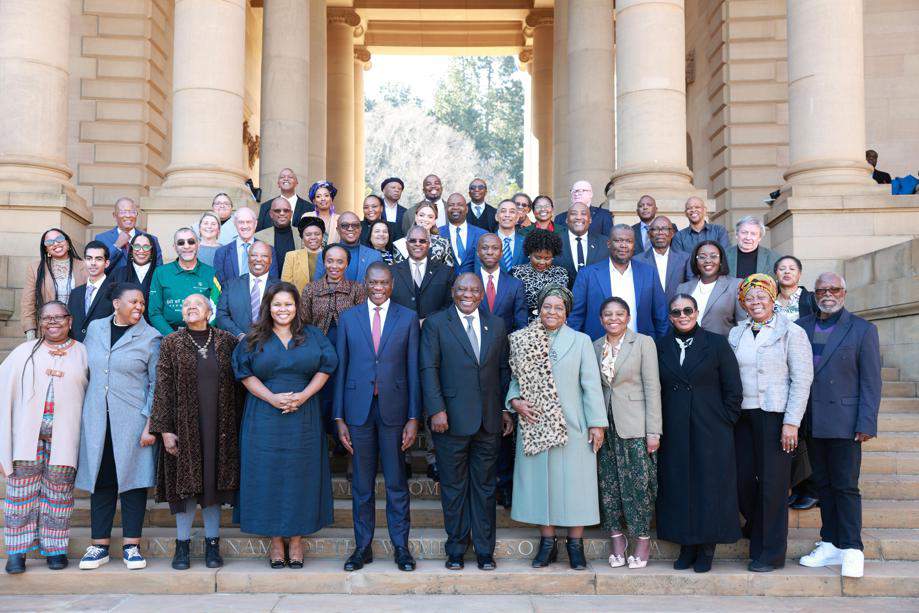The aftermath of South Africa’s 2024 general elections has echoed with a clarion call for a national dialogue, a response spearheaded by a steering committee intent on addressing the alarmingly low voter turnout. Critics, however, are questioning the legitimacy and necessity of this initiative, suggesting that South Africans have already voiced their opinions through their votes and party preferences.
During a media briefing in Pretoria on Monday, committee members defended the dialogue, which will feature two national conventions. Steering committee spokesperson, Reverend Zwo Nevhutalu, highlighted the critical need to interrogate why citizens refrained from exercising their democratic rights. “The election process indicates that South Africa requires more than just an election because the voter turnout was very low,” he asserted. “Many people struggled for this democratic process, yet when it’s time for South Africans to decide their own future, they stay away.”
Adding to the complexity, the Democratic Alliance (DA) announced their withdrawal from the dialogue weeks ago, branding it as an illegitimate initiative lacking credibility. Leader John Steenhuisen expressed concerns over the financial implications, stating that the ANC’s expenditure of R700 million on what he termed a “talk shop” was a misplaced priority that would not effect real change. “And while the country bleeds, the ANC is going to spend R700 million on a National Dialogue, a talk shop with no action, no reform, and no plan,” he lamented.
Steenhuisen’s critiques resonate with a wider public sentiment, particularly following the ANC’s loss of its outright majority in the elections, prompting accusations that the dialogue serves as a strategic move to bolster the ruling party’s declining support.
The DA’s position was further solidified last week when several distinguished foundations, including those associated with former presidents Thabo Mbeki and Nelson Mandela, withdrew from the dialogue, citing concerns regarding the haste and dominant state influence in the process. Steenhuisen remarked, “Even former president Mbeki has come to the same conclusion as the DA. We reject that wasteful destruction.”
In response to the mounting criticism, Nevhutalu dismissed allegations of the ANC’s control over the dialogue, clarifying, “The people who were really advocating for the national dialogue are more civil society organisations, reinforcing the notion that the initiative is not ANC-driven.” He drew a parallel between the current national dialogue efforts and the historic 1955 mass meeting in Klipfontein, which birthed the Freedom Charter. This historic document, Nevhutalu argued, resulted from a collective desire among South Africans for a future distinct from their past oppression.
“There’s a groundswell of hunger among South Africans to discuss the issues that will shape our country going forward,” he said, urging citizens to convene as individuals rather than party representatives to shape a vision for the nation. Yet, not all political factions share this sentiment. The uMkhonto weSizwe Party and the Economic Freedom Fighters, for instance, have also publicly rejected the idea of a national dialogue, further complicating the landscape of South Africa’s political discourse.
As the dialogue unfolds, the nation remains divided on whether this initiative is a necessary step towards healing and unity or an attempt by the ANC to reclaim its political stature in a rapidly changing democratic landscape.



